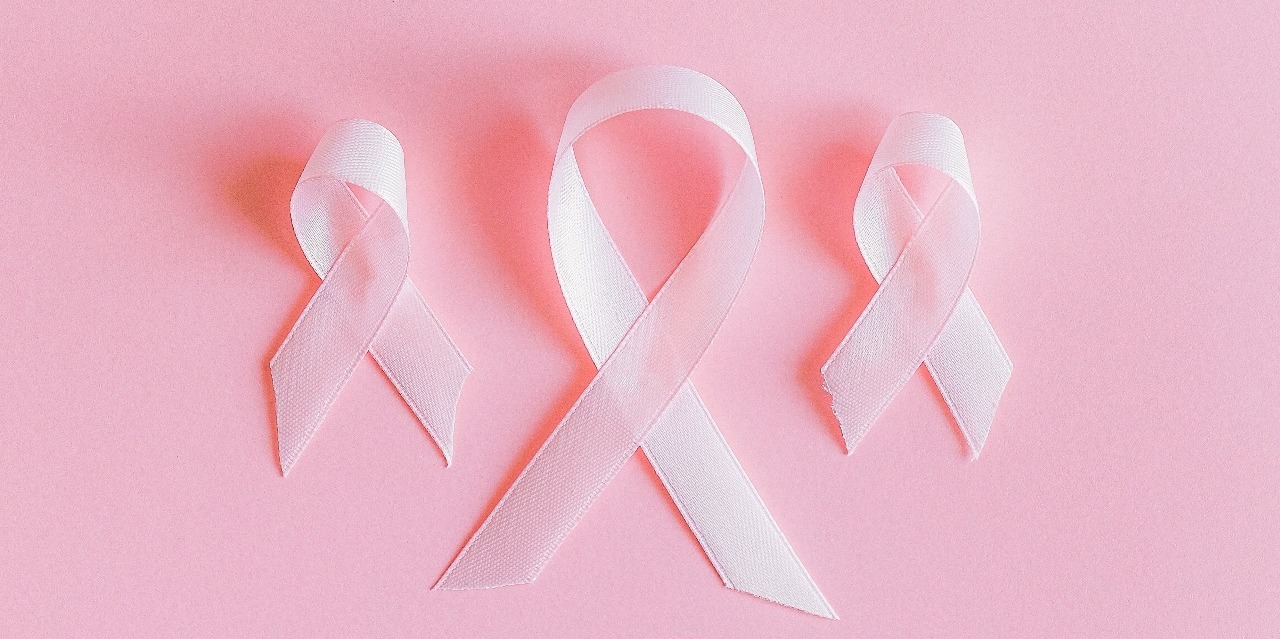Why it’s important to have a breast cancer risk assessment
Posted on 20th January 2022 at 13:10
There are a number of factors associated with the risk of developing breast cancer and these factors can be assessed by a physician, giving you an insight into your own risk level. Many people opt for a breast cancer risk assessment if a close family member has also suffered with breast cancer, which is usually recommended when their diagnosis is made.

Factors such as your age, ethnicity and whether you’ve had children and breastfed are all taken into consideration. There are, however, several risk factors which have nothing to do with genetics and can increase your chances of developing breast cancer, regardless of familial links.
Early Detection
One of the single most important reasons for having a breast cancer risk assessment is the fact that early detection can have a huge impact on the success of your treatment, should you develop the disease. Knowing that you’re in a high-risk category means you can have more regular screenings, which will help your doctor to detect any abnormalities at the earliest stage possible.
As well as increasing the success rate of treatment, early detection also reduces the risk of needing a mastectomy. A recent study showed that in women aged 50-69, regular screening for breast cancer reduced the need for mastectomy from 23% to just 10%, a significant reduction.
Early detection also means that breast cancer is less likely to be a life-ending disease. Cancer Research states “The current evidence suggests that breast screening reduces the number of deaths from breast cancer by about 1,300 a year in the UK. Almost all women diagnosed with breast cancer at the earliest possible stage survive for at least 5 years after diagnosis and are likely to be cured.”
Adjusting Your Lifestyle
Having a breast cancer risk assessment can also help you to make positive lifestyle changes which may have an impact on your overall risk. There are many lifestyle-related issues which can increase your risk of developing breast cancer and knowing you’re at a higher risk will allow you to address these issues going forward. If you’re a smoker, giving up is an obvious change that you can make which will affect your overall health, as well as your breast cancer risk.
Women who are overweight or eat an unhealthy diet can choose to lose weight and eat a diet consisting of whole, unprocessed foods, as well as incorporating more movement into their daily lives. If you’re a regular drinker, reducing the amount of alcohol that you consume will also have a positive effect on your risk of developing breast cancer.
Certain types of birth control can also contribute to breast cancer risk factors, so if you know
you’re at a higher risk of developing the disease, this will give you the chance to make an informed choice about a more suitable form of birth control.
Knowing all these risk factors will give you the opportunity to take control and make positive changes for yourself.
Pros and Cons
As with many things in life, there are both pros and cons to having a breast cancer risk assessment, although we feel that the pros far outweigh the cons in this situation.
If you are found to have a high risk of breast cancer and have more regular screening appointments, there is a small risk of overdiagnosis. As well as finding cancers which require treatment, screening can also pick up breast cancers that won't ever cause any problems.
It isn't currently possible to know whether a particular breast cancer will grow quickly and need treatment, or will grow slowly, or not at all. This means that almost all women who are found to have any type of tumour in their breast or surrounding tissue will need to have surgery to remove the cancer. Many also have other treatments, such as radiotherapy, hormone therapy or chemotherapy.
It is important to note that the vast majority of women and men who do have a mass removed, without knowing if it’s an aggressive cancer, feel that the benefits of doing so far outweigh the risks of ignoring it.
Another important consideration is the increase in your exposure to radiation that more regular screening causes.
The Macmillan Cancer Support website states “All x-rays use a small amount of radiation. The amount given during a mammogram is very small and unlikely to cause any harm. The radiation dose is kept as low as possible, while making sure it gives good-quality images. The NHS England breast screening information says having mammograms every 3 years for 20 years very slightly increases the risk of cancer in your lifetime.”
Choice
We believe that the main benefit of having a breast cancer risk assessment is that it provides you with more choices when it comes to your own health. If you discover that your risk is high, you can then choose to have more regular screenings and early detection gives you a lot more choice when it comes to your treatment plan.
Breast screening itself, regardless of your personal risk factors, is also a choice. Many people choose to aggressively screen to catch anything that may develop before it becomes insurmountable, however there is also a percentage of people who choose not to.
Regular screening does not actually reduce your risk of breast cancer, just your chances of
treating it at an early stage. The choice is yours to make, but we would always recommend staying ahead of any potential risks with screening and self-examination.
Tagged as: Breast cancer risk assessment
Share this post:





